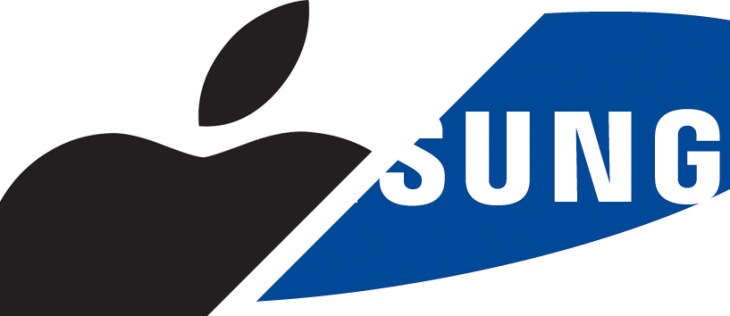A Dutch court ruled today (via IDG) that Samsung Galaxy products running Android 2.2.1 and higher, which don’t use Samsung’s own proprietary image gallery software are banned from sale, for infringing on an Apple patent related to scrolling through images on a touchscreen device. The ruling from The Court of The Hague stipulates that Samsung must report its profits from Galaxy device sales since June 27, 2011 to determine a penalty, and that Samsung risks incurring a $129,000 fee per day every day it fails to uphold the ban from this ruling on.
The decision comes after a preliminary ruling dealing with the same patent resulted in a sales ban on the Galaxy S, SII and Galaxy Ace last year, which prompted a software workaround implemented by Samsung to get the products back on the market. Samsung claimed at the hearing that since Samsung Benelux, the company’s Netherlands-based subsidiary, was no longer selling the infringing devices. Presiding judge Peter Blok told the court that was not sufficient to prevent a sales ban, and that Samsung’s refusal to sign a declaration of its intention not to infringe the patent was grounds enough to bar device sales in the country.
Apple’s patent deals specifically with a ‘bounce back’ animation effect that allows you to preview the next image in a series, but reverts to the current image when you raise your finger if you haven’t swiped all the way in one direction. Samsung’s workaround was to replace it with a blue glow highlighting the edge of the image, rather than using the bounce-back.
Apple could be in for another sizeable payday here, depending on how much of Samsung’s profits the court believes Apple is entitled to as a result of sales of infringing devices and barring any appeal attempts. But the ban itself seems unlikely to have much force; Samsung can implement the workaround described above on any devices that still use Android’s native Gallery app to sidestep the block on any future sales. In fact, Samsung argued in September that it already does this in all products sold in the Netherlands, but judges didn’t believe the Korean company provided sufficient evidence to make its case.
